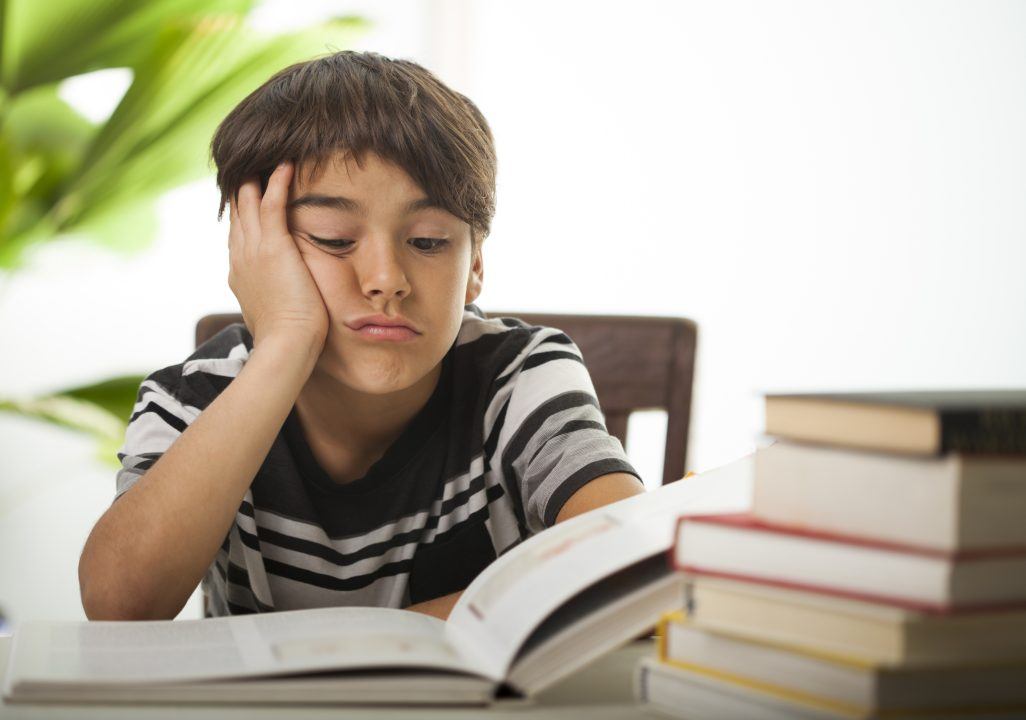One in three secondary school teachers believe that boys view being asked to read as a “punishment”, a survey has found.
Nearly three in four (71%) secondary school teachers say there has been an increase in “reluctant readers” in the past three years, according to a poll commissioned by GL Assessment.
The survey of 539 secondary school teachers, which was carried out by YouGov, found 88% believe social media distracts children from reading or getting into books, while 82% believe social media has had a negative effect on students’ willingness to read for pleasure.
“Reluctant readers” are defined as those who are capable of reading but who, for a variety of reasons, need to be cajoled into picking up a book.
A third (33%) of secondary school teachers think male pupils consider being asked to read as a punishment, compared to just 15% who believe female pupils have the same negative reaction.
But the research suggests there are a number of girls who are reluctant readers as well, with just 24% of teachers reporting that they think female pupils see being asked to read as something that is fun, compared to 17% who believe boys see reading as enjoyable.
Two in five teachers believe most pupils spend no time reading for pleasure outside of school.
The survey found that 81% of teachers believe students will not be able to access the curriculum if they cannot read at the expected level for their age.
More than two in three (67%) teachers said that reading ability tends to stall among many students with “average” or “just below average” reading skills at Key Stage 3, when children are aged between 11 and 14, which leaves them unable to fully access GCSEs.
Crispin Chatterton, director of education at GL Assessment, said: “Boosting the reading ability of a student group whose reading may seem superficially fine, but who are actually ‘invisible but struggling’, would significantly improve their academic performance across all subjects.
“Our study highlights that teachers recognise that reading reluctance is a growing problem and demonstrates the importance of having access to data that can quickly flag those students whose progress is being affected.”
Geoff Barton, general secretary of the Association of School and College Leaders, said: “The teaching of reading is harder than ever because we’re going through a major societal change in which reading habits are changing in general.
“Adults and children alike tend to read more short-form writing – such as social media posts and blogs – rather than long-form novels and non-fiction books.
“That long-form writing is incredibly important, however, as it is enriching in its own right and a crucial skill to develop in accessing other subjects.
“However, the existing national curriculum isn’t great in encouraging a love of reading. The Key Stage 3 curriculum, for example, advocates pre-1914 literature and two Shakespeare plays, which for all their merits are pretty inaccessible for many children in this age group.
“We need a rethink to make the curriculum more exciting so that more children develop a love of reading.”
The poll of teachers in England, Scotland and Wales, carried out online between November 14 and 23 last year, has been weighted to represent all secondary school teachers in the UK.
Follow STV News on WhatsApp
Scan the QR code on your mobile device for all the latest news from around the country


 iStock
iStock
























